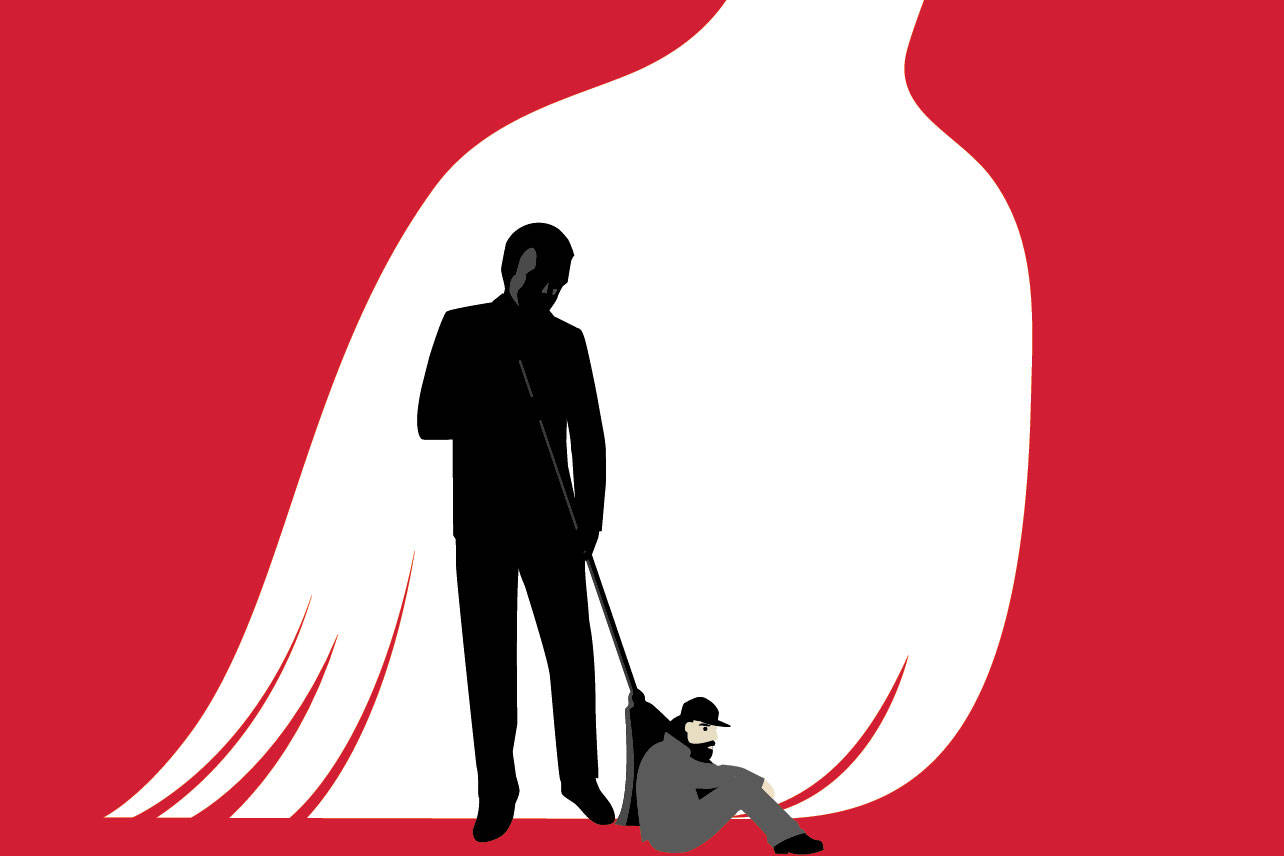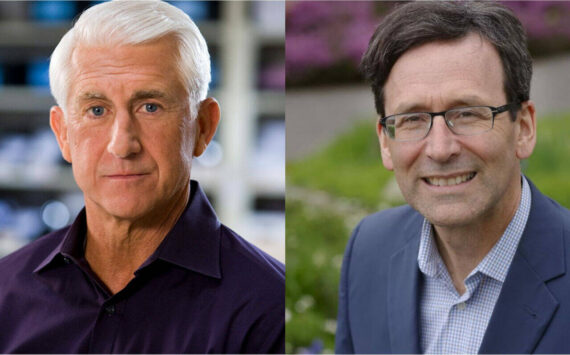We hear—so often as to risk it losing any meaning—that Seattle is a progressive city. As such, it’s only appropriate that our city arrived a little early to the national reckoning over policing of minority communities. Back in 2010, when BLM was still a land-management agency and not a national movement demanding the recognition of black lives, Seattleites looked on in horror, if not disbelief, as reports emerged of one officer shooting and killing a Native American woodcarver, another threatening to kick the “Mexican piss” out of a suspect, and yet another violently manhandling a black woman suspected of nothing more than crossing the street where there was no crosswalk.
Seattle’s string of police abuses prompted an intervention by the U.S. Department of Justice in 2012, which has yielded some promising results and plenty of frustration. Among those results are figures, released earlier this year, showing that use-of-force when dealing with the mentally ill and intoxicated is significantly down. This could be a mere coincidence, but it’s reasonable to conclude that, with some strong oversight, cops can change their behavior on the streets.
Yet such incremental progress—and it’s nothing more than that—only sharpens the frustration we feel toward the Seattle police officers’ union, which has acted like a giant drag on any and all reasonable efforts to create a police force that aligns with Seattle’s values.
Through its newsletter and public comments, the Seattle Police Officers’ Guild has provoked and agitated against even the most modest reforms, mocking the idea that civil rights should play a stronger role in how we as a society are policed. Writers in the newsletter have called the reforms “dangerous” while decrying the firings of officers who punched a handcuffed woman and arrested a black man for carrying a golf club.
While SPOG was not a party to it, a lawsuit, filed in 2014 by 100-plus rank-and-file cops, attempting to void the DOJ’s efforts captured the essence of SPOG’s rhetoric, lifting a giant middle finger to the whole idea of police reform.
Ironically, the corrosive pathology that exists in Seattle’s police union became clearest at a time when sympathy for the dangerous work police officers do every day was at its height. Last Friday morning, the nation and, in particular, its law-enforcement officers were forced to grapple with the horror of five officers killed and nine others wounded in a sniper attack at a Black Lives Matter protest in Dallas.
This was, sadly, familiar territory for our area’s law-enforcement officers. In 2009, Maurice Clemmons opened fire on a cadre of Lakewood police officers at a coffee shop, killing four; that same year, Christopher Monfort ambushed officers in their patrol car in Leschi, killing one and injuring another.
We mourned then as we mourn now. Yet for the Guild, mourning was not enough. Instead it posted a 29-word Facebook message that managed to simultaneously disparage the Black Lives Matter movement, race-bait officers into a heightened sense of danger, and snidely co-opt near-sacred language of the black Civil Rights Movement. It was a political potshot during a time of collective soul-searching. It was disgusting.
When the post was met with fierce anger, the union adopted its default posture: Their actions are being “taken out of context.” How a 29-word Facebook post can possibly be taken out of context is beyond us, but the response is perfectly indicative of the police union’s mind-set: Whatever they do, it’s not their fault if it causes harm. On Monday, SPOG deleted its social-media accounts entirely. Yet it hasn’t apologized. (After this editorial went to press, Ron Smith, president of SPOG, announced his resignation from the position.)
Nearly every day in Pioneer Square, we see police interactions that reflect the best of what we could hope for from a force acting in our name. Dealing with people in crisis, officers are patient and gentle and clearly working for the most positive outcome available to them. And yet this good work makes SPOG’s snotty public posturing all the more baffling. We stand at a crossroads in society, where fundamental questions are being asked about how we are policed. Voices in Seattle and elsewhere say the system is beyond repair. We disagree. But for reform to happen, we need to know all hands are on deck, SPOG included.
The rest of us started six years ago, but we’re happy to let SPOG catch up. They can start today.
editorial@seattleweekly.com






